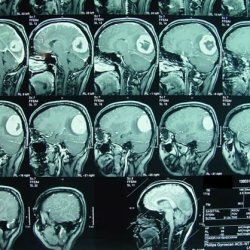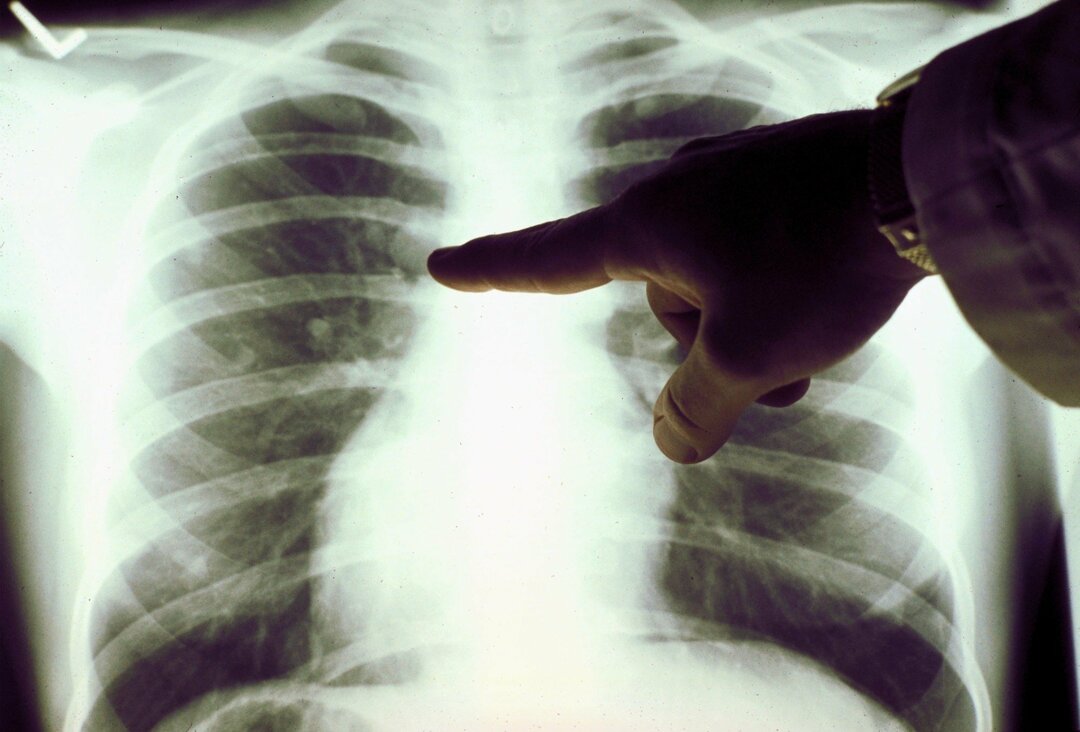Tumors of the pituitary gland

Tumors of the anterior lobe of the pituitary gland
If a tumor( adenoma) appears in the anterior part of the pituitary gland, a sharp increase in the synthesis of any of the hormones listed above is possible. The latter quickly causes a characteristic clinical picture of the disease.
The growth hormone ( also referred to as the "growth hormone") normally stimulates human growth, in particular, accelerates bone and cartilage growth, promotes the rapid build-up of muscle mass, and the like. The increased intake of this hormone becomes the cause of the development of gigantism or acromegaly. Gigantism usually develops in children and in adolescence, that is, when the bone growth zones are not yet closed. A child suffering from gigantism quickly overtakes the growth of his peers, while maintaining, nevertheless, the normal proportions of the body. If the bone growth zones have already closed, the whole "impact" of the growth hormone will be on the cartilaginous and muscular tissue, as well as the limb bones and face. As a result, through the growth of these tissues, legs, arms, massive superciliary arches, large cheekbones appear.
Thyroid-stimulating hormones Adrenocorticotropic hormone.
Follicle-stimulating and luteinizing hormones.
Tumors of the posterior lobe of the pituitary
Diagnosis



